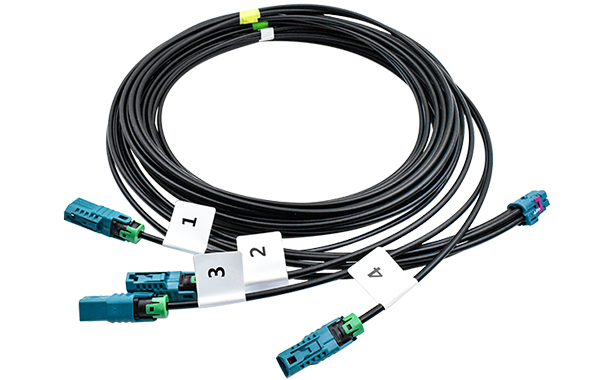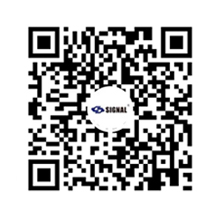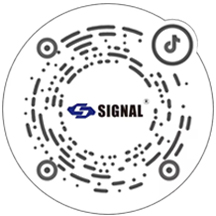
1. Power system (drive and energy management)
• Scenario: including motors, engines, battery packs, electronic control units (ECUs), etc., involving high-voltage current transmission, signal control and energy distribution.
• Requirements: high current carrying capacity, high temperature resistance, vibration resistance, EMC (electromagnetic compatibility) protection.
• Typical applications:
◦ Signal control of engine ignition system and fuel injection system;
◦ Connection between charging pile and on-board charger (OBC).
◦ High-voltage current transmission between power battery pack and motor controller;
2. Body control system (body electronics)
• Scenario: covering electronic control of body parts such as windows, door locks, rearview mirrors, lights, wipers, etc.
• Requirements: low-voltage signal transmission, resistance to environmental interference (such as humidity, temperature changes), and miniaturized design.
• Typical applications:
◦ PWM signal control of window lift motor;
◦ Switch signal transmission of central door lock system;
◦ Circuit connection of lighting control module (low beam, turn signal).
3. Chassis system (safety and control)
• Scenario: including braking system, suspension system, steering system, etc., involving sensor data transmission and actuator control.
• Requirements: high reliability, vibration/shock resistance, and resistance to harsh environment (such as muddy and high temperature).
• Typical applications:
◦ Signal transmission of ABS (anti-lock braking system) sensor;
◦ Motor control signal of electronic power steering (EPS) system;
◦ Real-time data feedback of suspension system height sensor.
4. In-Vehicle Infotainment System (IVI)
• Scenario: Covering central control screen, navigation, audio, Bluetooth/Wi-Fi modules, etc., providing driving interaction and entertainment functions.
• Requirements: high-speed data transmission, multi-device interconnection, and anti-interference ability.
• Typical applications:
◦ HDMI/USB video/data transmission between central control screen and vehicle host;
◦ Audio signal transmission between Bluetooth module and mobile phone;
◦ Antenna feeder connection between navigation system and GPS module.
5. New Energy Three-Electric System (Battery, Motor, Electronic Control)
• Scenario: The core system of new energy vehicles, involving high-voltage platform (400V/800V), battery management (BMS), and motor drive.
• Requirements: high voltage/high current carrying, high temperature resistance, insulation protection, and EMC shielding.
• Typical applications:
◦ High-voltage connection between modules inside the power battery pack;
◦ High-frequency signal transmission between the motor controller and the inverter;
◦ Sensor signal acquisition harness of the BMS (battery management system).
6. Charging system
• Scenarios: including on-board charger (OBC), fast charging interface, wireless charging module, etc., to support energy replenishment of electric vehicles.
• Requirements: high current carrying capacity, resistance to plug-in wear, waterproof and dustproof.
• Typical applications:
◦ Energy transmission circuit connection of wireless charging coil.
◦ Quick-plug connector for on-board charging interface (such as GB/T, CCS standards);
◦ DC/AC high-voltage connection between charging pile and OBC (such as liquid-cooled charging gun);
7. Intelligent Driving and ADAS (Advanced Driver Assistance System)
• Scenarios: including cameras, radars, LiDAR, domain controllers, etc., supporting autonomous driving functions.
• Requirements: ultra-high-speed data transmission, low latency, high reliability (ASIL safety level).
• Typical applications:
◦ High-speed video transmission between camera and domain controller (such as GMSL2, FPD-Link);
◦ Millimeter-wave signal transmission of radar module (such as Fakra connector);
◦ Ethernet backbone network for multi-sensor data fusion (such as 10Gbps automotive Ethernet).






